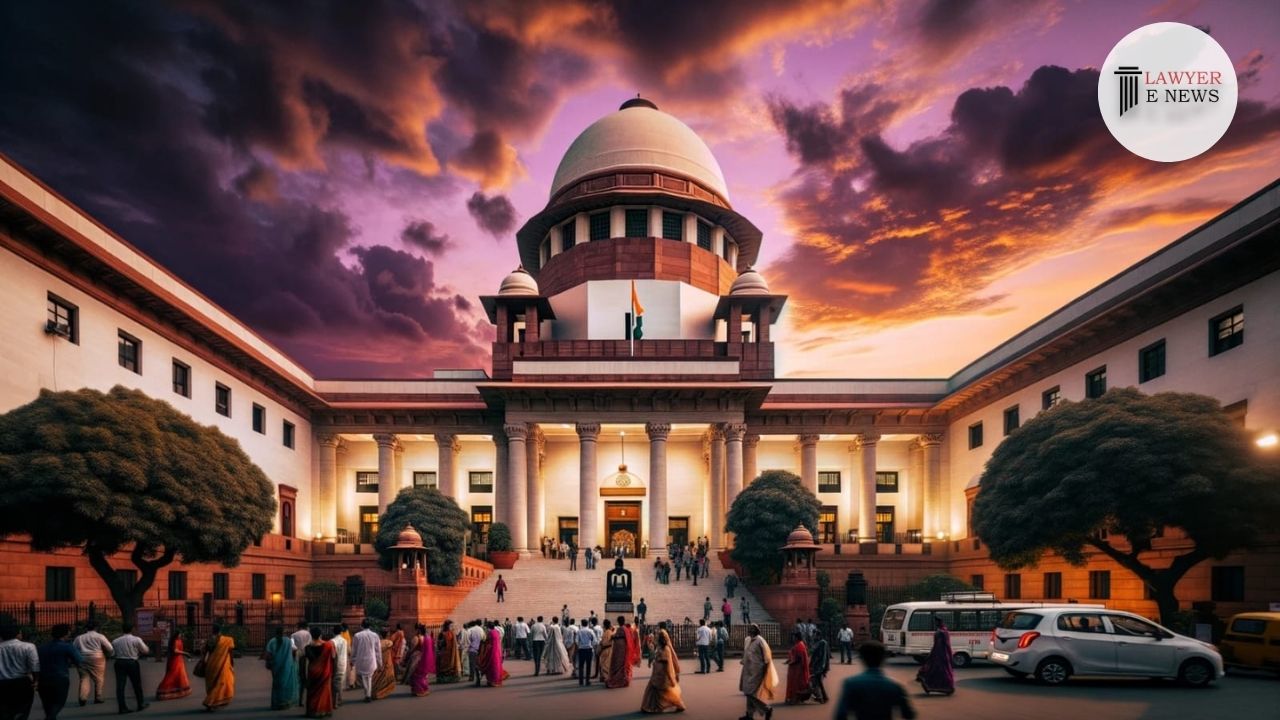-
by Admin
15 February 2026 5:01 PM



In a significant judgment, the Supreme Court of India, on April 10, 2024, restored the Trial Court’s acquittal of Bhupatbhai Bachubhai Chavda & Anr. In a murder case from 1996, underscoring the principles governing appellate intervention in acquittal cases.
The apex court highlighted the standard for appellate interference in cases of acquittal, stressing that an appellate court cannot reverse an acquittal simply because it has a different view. The judgment reiterates that for overturning an acquittal, the trial court’s verdict must be perverse or the only conclusion from the evidence should be guilt, a benchmark not met in the present case.
The appellants, a father and son duo, were accused of assaulting Punjabhai with pipes and sticks, leading to his death, and were acquitted by the Sessions Court in 1997. The High Court reversed this in 2018, convicting them under Section 302, 34, and 323 of the IPC. The issue revolved around whether the High Court was justified in overturning the acquittal.
Appellate Standard for Acquittal: The Supreme Court observed that the High Court erred in reversing the acquittal without establishing that the Trial Court’s verdict was perverse. The apex court emphasized, “The Appellate Court cannot overturn an order of acquittal only on the ground that another view is possible.”
Evidence and Witness Credibility: The judgment noted discrepancies in the testimonies of key witnesses, including PW-4, whose presence at the crime scene and account of injuries were inconsistent. This undermined the prosecution’s case.
Burden of Proof Misapplication: The Supreme Court criticized the High Court for wrongly shifting the burden of proof onto the appellants. The law mandates that the accused are not required to prove their innocence or disprove the prosecution’s case in the absence of reverse onus clauses.
Decision: Restoring the Trial Court’s acquittal, the Supreme Court allowed the appeal, setting aside the High Court’s judgment. It was held that the evidence on record supported the Trial Court’s decision, and the High Court’s intervention was unjustified.
Date of Decision: 10th April 2024
Bhupatbhai Bachubhai Chavda & Anr. Vs State of Gujarat
